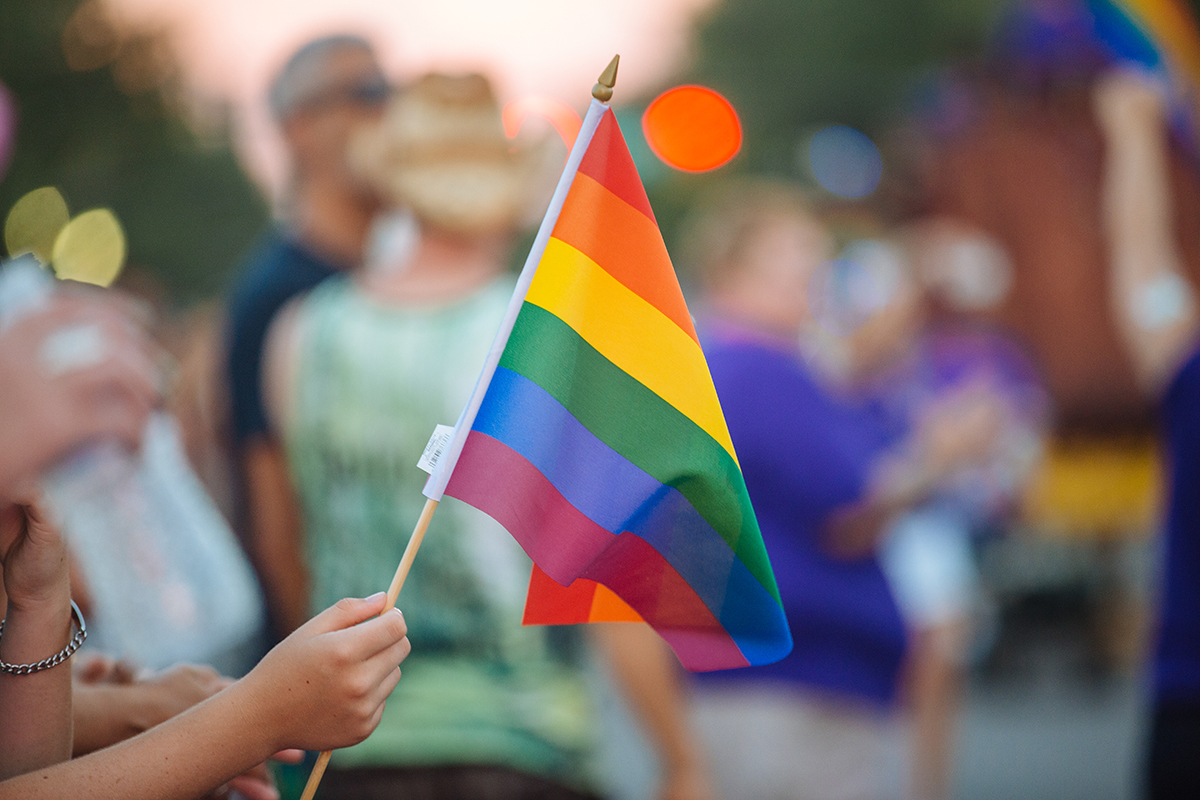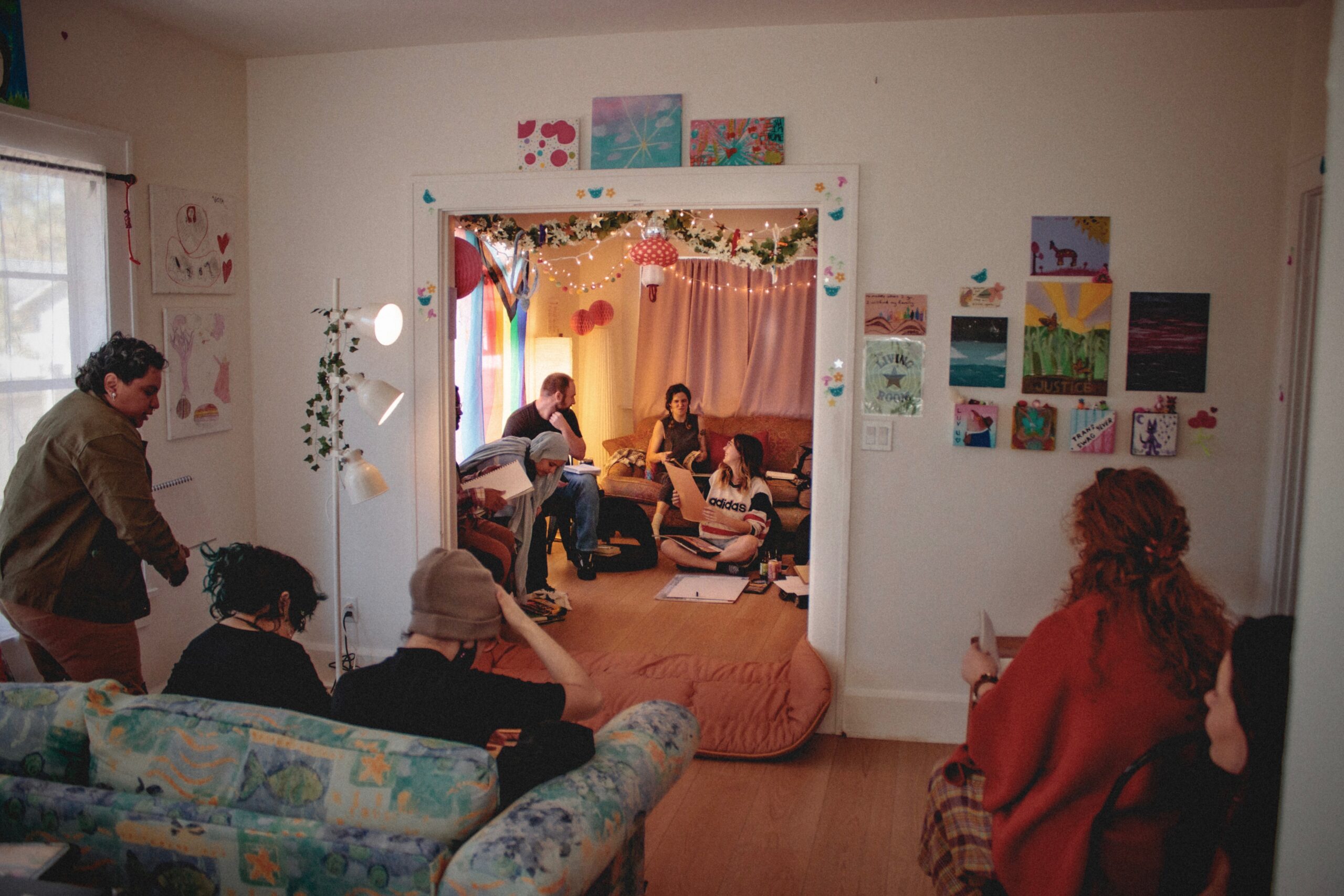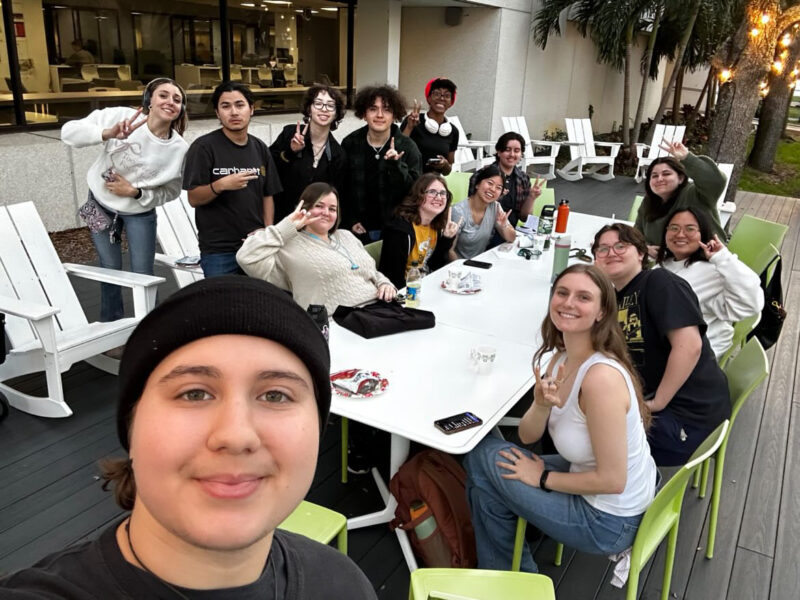HB 1557 intends to forbid LGBTQ+ topics from being discussed in many primary school classrooms and allow school officials to share with parents their child’s sexual orientation without their consent.
Courtesy of the City of St. Petersburg
By Ashley George
Florida legislators passed HB 1557, informally known as the “Don’t Say Gay” bill, with the intention to forbid LGBTQ+ topics from being discussed in many primary school classrooms.
Approved on Jan. 20, the bill would also allow school officials to share with parents their child’s sexual orientation without their consent, while simultaneously limiting LGBTQ+ resources on campus.
The name “Don’t Say Gay” was given by activists against the bill to highlight the fact that the legislation could lead to leaking confidential conversations between students and staff, prevent the community’s history from being learned and hinder personal development in queer students.
For many education majors at the University of South Florida St. Petersburg, this could be harmful to their futures as aspiring teachers, especially if they identify as an LGBTQ+ individual.
“I am planning on teaching high school English and a lot of my desire to teach that subject is because of my identity as a queer person. Being transgender and queer, I am horrified that my job will be at risk,” River Gottschalk, a junior education major, said. “This is also a direct attack on our youth. I remember how it felt to be a closeted queer student, the anxiety I felt constantly. The environment this bill wants to create is one that is hostile toward the community, promoting a ‘don’t ask, don’t tell ideology.’”
Proponents of the bill believe parent involvement is hyper-critical and parents reserve the right to have a say in what is discussed in classrooms.
Community activists say the bill is dangerous and potentially lethal for students who are not able to freely explore and express their sexual and gender identities out of fear of consequences.
“This could place students not only in dangerous situations, but also promotes such a shameful attitude toward their identity. On my part as an educator, I believe that it is so important to create a safe and accepting environment for students, and this bill directly goes against that,” Gottschalk said.
The Trevor Project, a nonprofit organization dedicated to suicide prevention among queer individuals, reported last year that 42% of LGTBQ+ youth experienced suicidal thoughts and tendencies, more than half identifying as transgender or nonbinary. Advocates for the community are afraid the legislation will increase this percentage.
“When I first read about the legislation, I wasn’t surprised as much as I was disappointed,” Ash Delva, a sophomore forensics and justice major, said. “I think it’s continuing a slippery slope of banning information that makes the people in charge uncomfortable, and the group that tries to ban information from being shared is not usually on the right side of history.”
Chasten Buttigieg — activist and husband of the first openly gay Democratic candidate to run for the U.S. presidency and current Secretary of Transportation, Pete Buttigieg — expressed anger toward the bill over twitter.
Buttigieg tweeted at Gov. Ron Desantis condemning him and state legislatures for the bill, citing that “this will kill kids.” He added, “You are purposefully making your state a harder place to survive in.”
As the bill moves forward through committees, its prospective implementation comes in July.
Ashley George is a senior in digital journalism and media studies at USF St. Petersburg.



